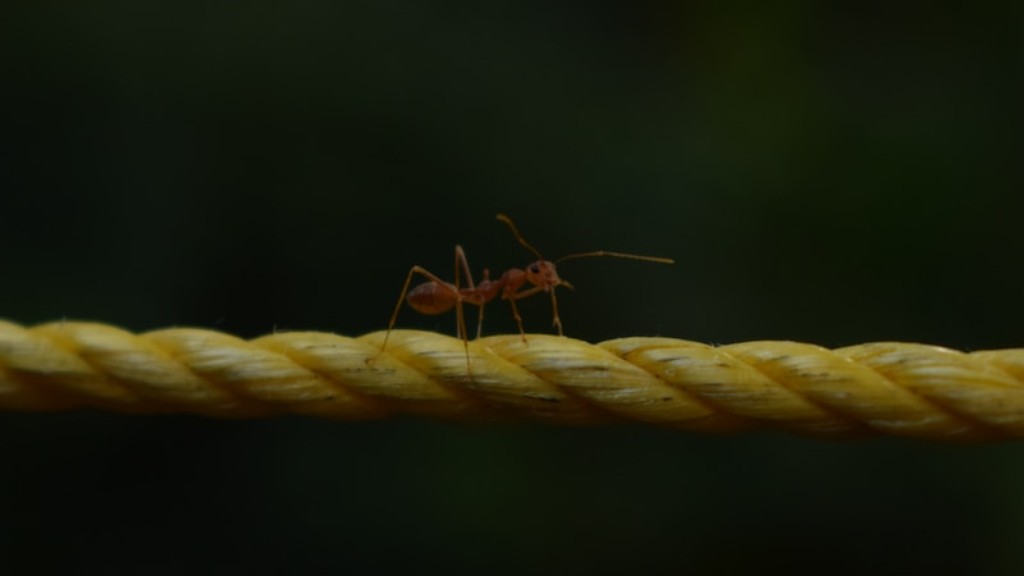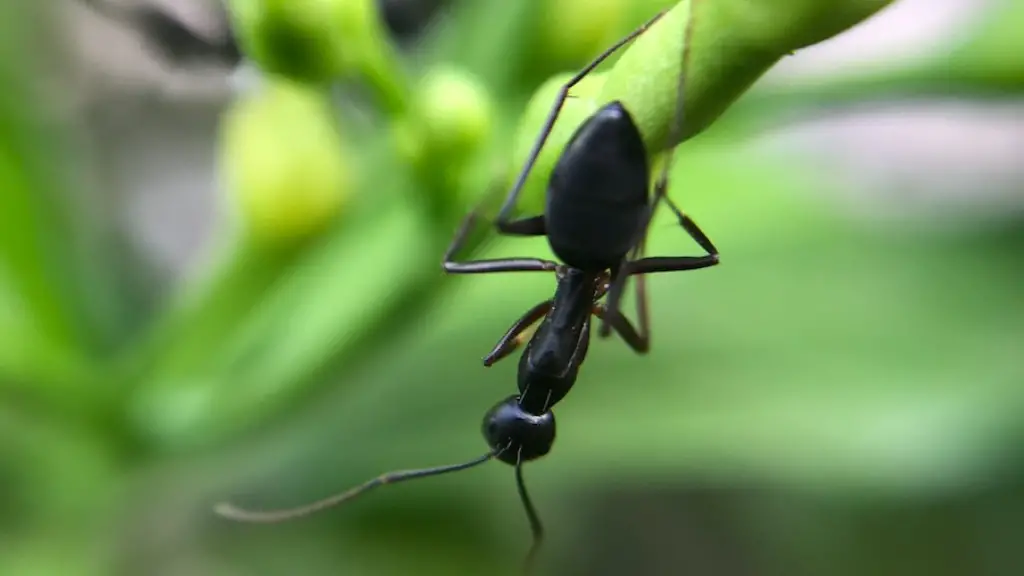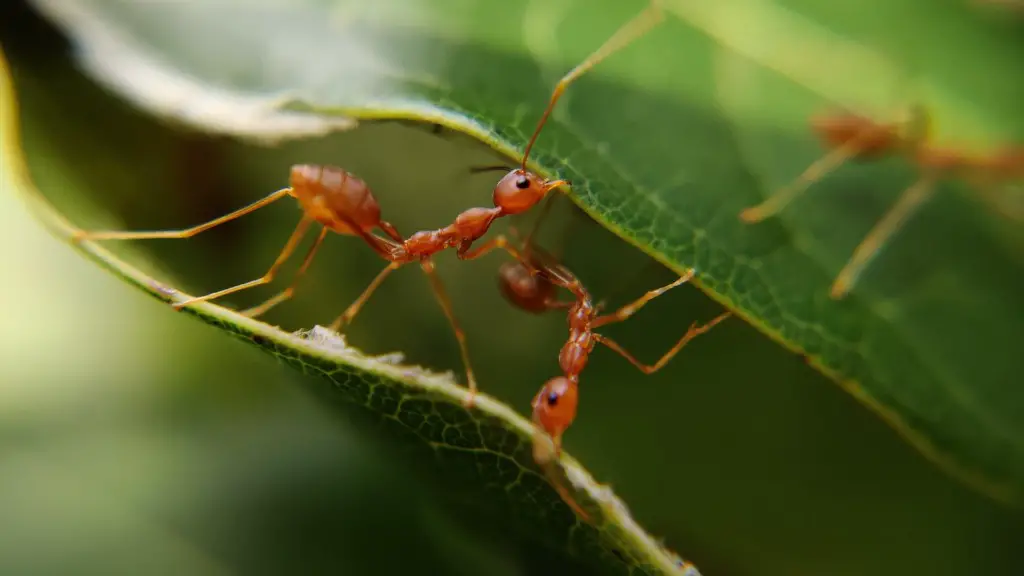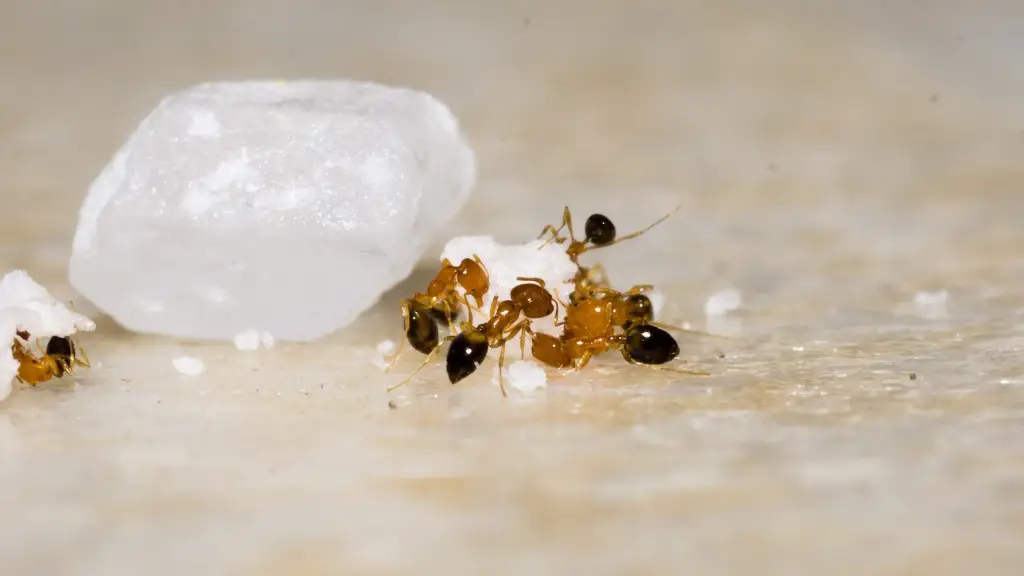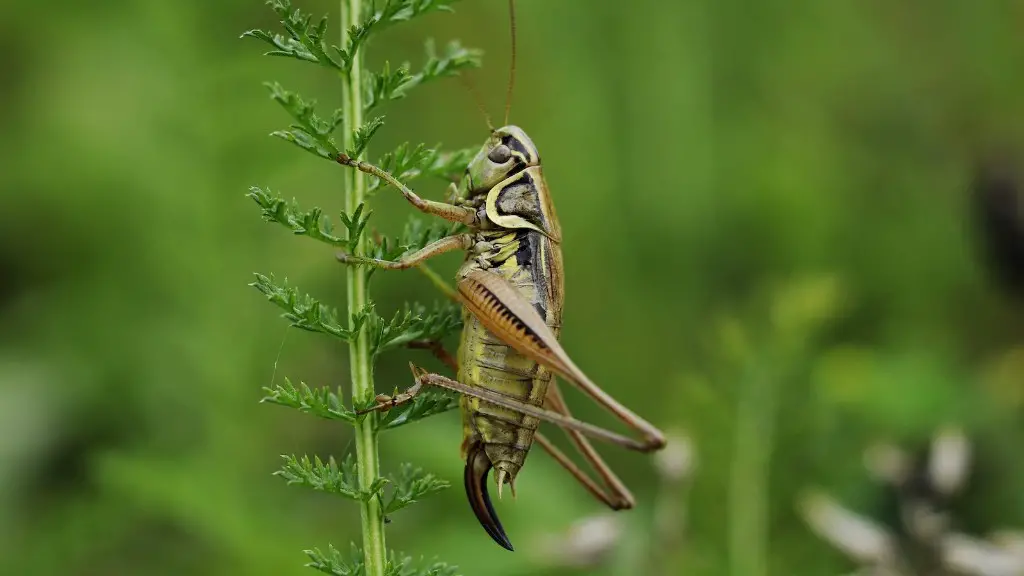Do Ants Kill Each Other?
Since time immemorial, humans have marveled at the complexity of ant societies and their sophisticated adaptations. With superhuman strength, collective communication, and an ability to survive in some of the world’s harshest conditions, these remarkable insects are examples of advanced natural engineering or “social engineering”, as some would say. One of the most interesting and fearsome aspects of ant colonies is their ability to wage warfare on one another. But, many ask themselves: Do ants kill each other?
Though the answer is yes, and ants do kill each other, it does not occur as often as most people presume. According to a research conducted by the journal Science, ants usually resort to killing one another only when they are engaged in a territorial battle. This instinctive behavior is human-like in its traits, as aggressive behavior and violence tend to be an innate tool in conflicts between other animals, including humans.
An ants’ defensive and aggressive behavior lies in their chemical signature. Whenever two colonies of different species cross each other’s paths, they will often instantly identify each other and resort to a battle, starting with a warning phase. In this warning phase, one colony may produce chemical signals to indicate that it is ready to fight for the territory, giving the other colony an opportunity to pull out or risk the consequences. This process is known as ‘chemical warfare’, and it ends with one colony winning the battle and taking control of the territory.
In larger collisions, the end result is often tragic and leads to extensive damage, with casualties on both sides. Besides territorial battles, ants may also fight over the resources they need to survive; such as food, water and shelter, as they will often have to compete with one another to secure these basics. If one colony knows that another is in possession of resources, they may feel threatened and attack accordingly.
The violence between ants is also partially strengthened by their communal lifestyle, which provides safety in numbers. A group of ants attacking one member of an opposing colony is a formidable show of strength, increasing the odds of ‘victory’ for the group, since the odds of defending themselves against numerous attackers is slim.
From a biological perspective, it could be argued that the aggressive behavior of ants goes in line with nature’s survival rules. Because of their small size, ants must seek protection from danger; either by fleeing or by attacking. Larger creatures, such as elephants and lions, also display similar characteristics, albeit on a much more extreme scale. In the animal kingdom, violence is commonly seen as a legitimate form of self-defense, and ants are no exception.
The Social Life Of Ants
The social life of ants consists of different colonies of several species, which are found all over the world. Each colony is home to different families of the same species, where groups of worker ants are assigned to complete various tasks, such as looking for food, cleaning, and engaging in combat. These colonies communicate with one another through a complex form of chemical signalling known as ‘pheromones’; allowing them to seamlessly cooperate, when needed.
This social fabric ensures that the colonies maintain their order and hierarchy. Naturally, when two colonies belong to the same species, they are likely to associate with one another, as opposed two colonies from separate species. This is especially true, when colonies share similar objectives, such as the need for resources or the need to protect their young.
Battles between two colonies of different species are, therefore, extremely rare and occur only when possible gains exceed the risk. Even when a battle between two colonies of different species does occur, it usually involves minimal loss of life, with colonies fighting until they exhaust themselves, and retreating back to safety.
When colonies of the same species fight each other, things are a bit different. While pheromones are essential for communication and coordination between two colonies of the same species, they can also be used for aggression and hostility. This form of communication allows ants to quickly assess the forces between them, allowing them to quickly make tactical calculations, such as when to fight and when to retreat.
Ants are remarkable creatures, and their ability to communicate, cooperate, and fight shows their amazing intelligence and adaptability. Although ants do kill each other, it is usually a last resort, and they have no desire to cause unnecessary damage.
Ant Warfare
Ant warfare is an extreme form of aggression, with ants using violence to protect their turf, resources, and even their eggs. Ant battles are violent, bloody fights that can be seen as some of the most extreme forms of aggression amongst animals.
The tactics used by ants vary from species to species, but the idea is often the same: overwhelm the enemy. Ants are known to employ overwhelming mass attacks, where they swarm in great numbers, overwhelming the opposition with sheer force. This tactic is often used to great effect, as it is near impossible for most enemies to fight back against such an overwhelming attack.
Other tactics that ants employ for battle included the use of chemical weapons, such as manipulating the nutrients of their enemies’ food, or even poisoning them with venom. Ants can also be very sneaky, using subterfuge strategies to gain an advantage. For example, they may enter enemy encampments at night, when the enemy is asleep, and steal and destroy resources without being noticed.
One of the most fascinating aspects of ant warfare is that it often comes down to the sheer force of numbers. When faced with an enemy that is outnumbered, ants are known to employ extreme tactics, such as decapitating their enemies or mutilating their bodies, in order to demoralize them.
The bottom line is, ants do have the capacity to kill each other, and they often do so in order to protect their resources and their colonies. However, it rarely happens and is usually a last resort.
Ants In Nature
Ants can be seen as an incredible example of nature’s remarkable engineering capability, and their adaptability and collective intelligence is one of the most impressive aspects of their societies. As for their ability to wage war, it can be viewed as a natural and necessary defense mechanism, as most animals share this adaptation.
Ants are incredibly successful creatures and have been around for millions of years. They have evolved to live in some of the world’s harshest conditions, and they have adapted to their surroundings in spectacular ways. Their capacity to fight is just one of the ways in which they have adapted, and it is usually necessary in order to protect their families, resources, and colonies.
That being said, ants are only as violent as they need to be. They usually prefer to cooperate and be gentle with one another, and they rarely resort to killing each other unless they must.
Social Interaction In Ants
The social interaction between ants is, in itself, a remarkable example of advanced engineering. Ants can be seen as miniature machines, whose behavior has been calculated and refined through millions of years of evolution. Their complex signals of communication, their use of tactics in battle, and their sheer ability to survive in some of the world’s harshest conditions are all a testament to the incredible engineering of these small creatures.
Ants use pheromones as a means of communication, allowing them to coordinate their efforts in battle, forage for food, and care for their young. They also display advanced behaviors, such as sharing resources, bartering, and even compassion.
Overall, ants are marvels of natural engineering, and they represent the perfect example of engineering adapted to the environment. Through the study of ants, we can learn valuable lessons about working together and even develop more advanced engineering techniques.
Conclusion
Do ants kill each other? The answer is yes, but it is usually done out of necessity. Ants have evolved to be violent when needed, but they usually prefer cooperation and gentleness. Their capacity for advanced social interaction, communication, and warfare is a testament to the incredible engineering of nature.
